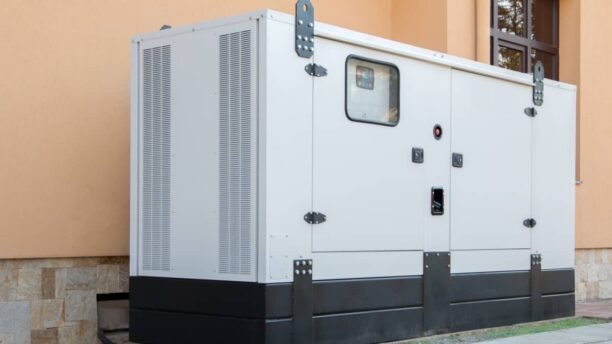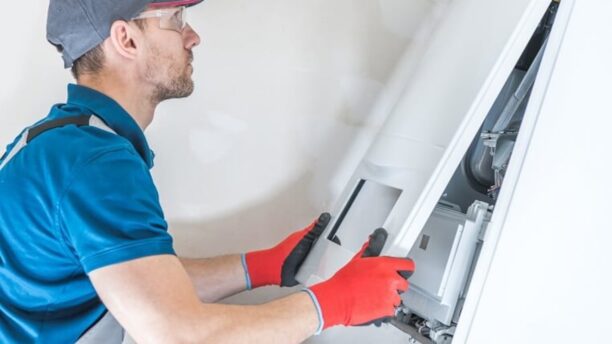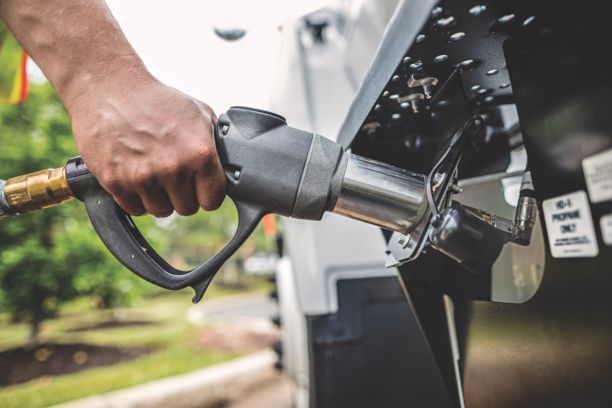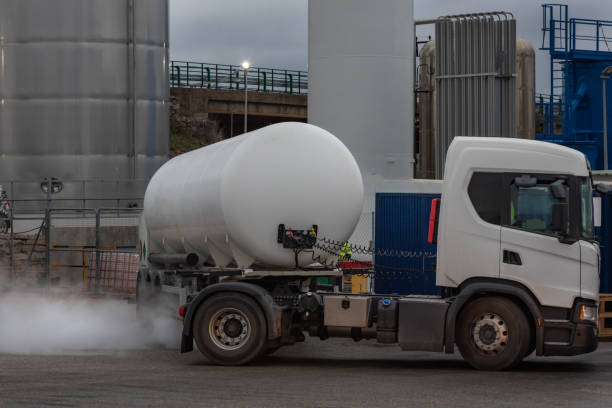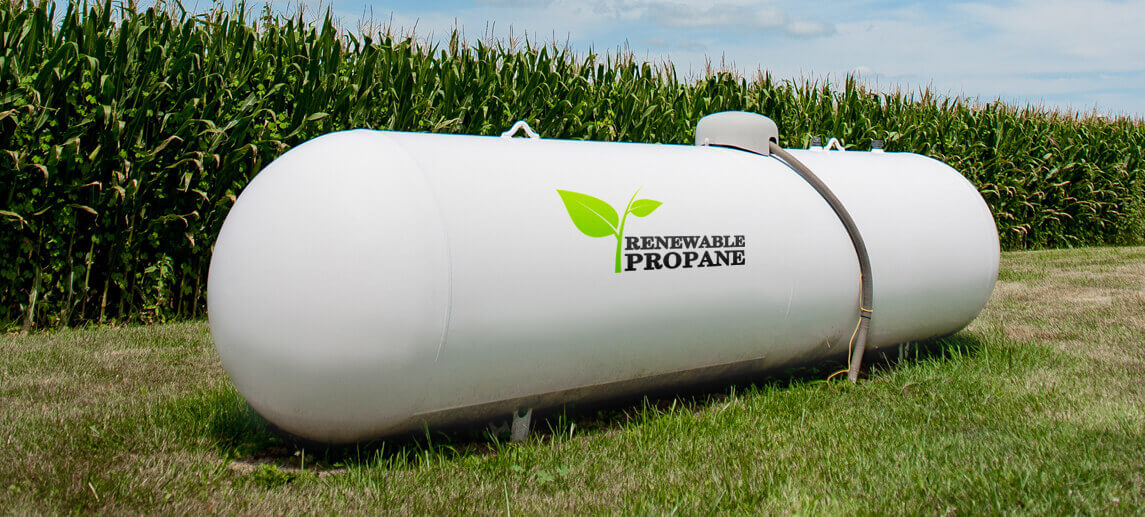Mitigating Risk and Liability with Digital Documentation
Compliance, risk management, and liability mitigation are the top concerns for propane businesses. With strict regulations governing safety and transportation of hazardous materials, companies must adopt comprehensive strategies to protect themselves and their stakeholders. However, manual documentation processes can often be cumbersome, prone to errors, and may not provide the necessary level of detail to… Continue reading Mitigating Risk and Liability with Digital Documentation


